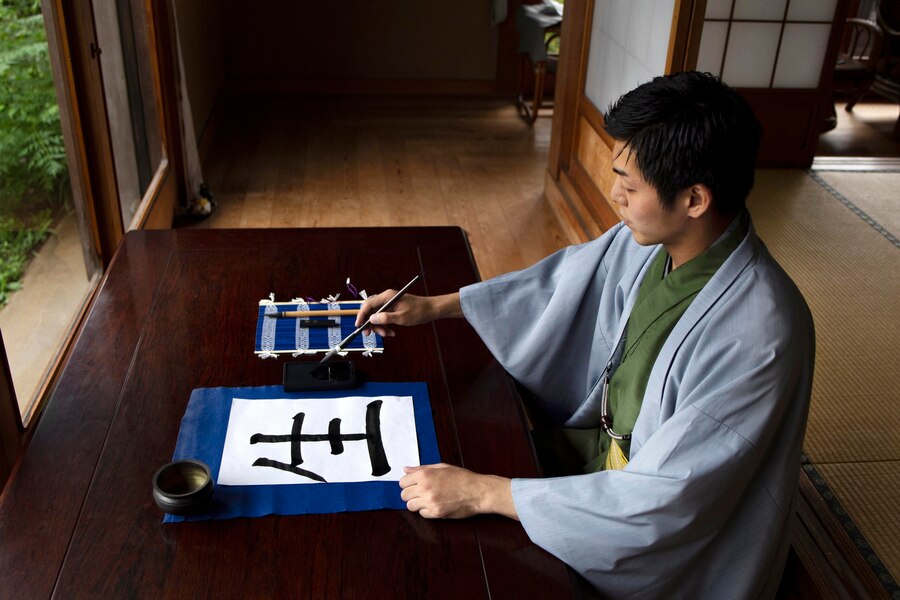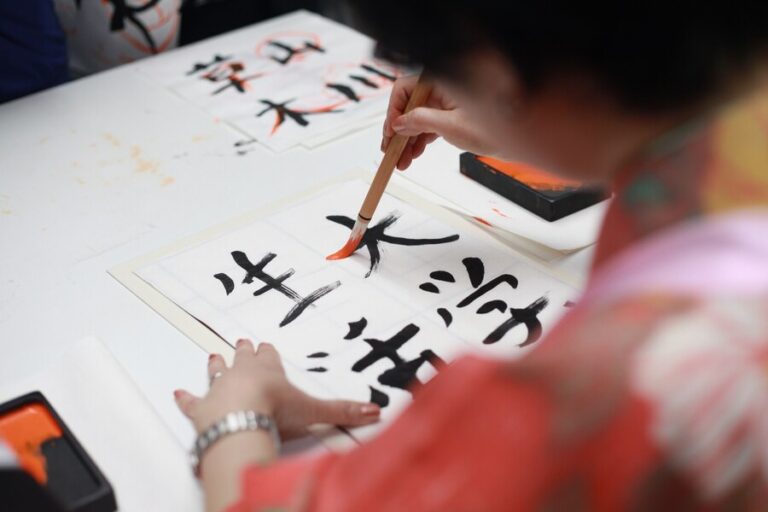The moon has captivated humanity for centuries, inspiring art, poetry, and mythology across cultures. But in Japanese naming traditions, the moon symbolizes much more—it represents beauty, mysticism, and an intimate connection to nature.
For parents looking for meaningful names, anime enthusiasts curating their next character, or language learners exploring Japanese culture, moon-themed names carry a special allure. This article explores the significance of moon-related Japanese names, provides a curated list of names for boys and girls, uncovers their cultural and historical contexts, and offers practical tips for choosing the perfect name.
Why Moon-Themed Names Hold Significance in Japanese Culture
The moon, or tsuki (月) in Japanese, has a profound place in Japanese culture. It is often associated with beauty, mystery, and the cycles of time. Traditional haiku poetry, for instance, frequently references the moon to evoke feelings of serenity or seasonal change. Similarly, the moon symbolizes femininity and elegance in many Japanese myths and legends, such as the ethereal story of Princess Kaguya in The Tale of the Bamboo Cutter.
Because of these associations, names linked to the moon often carry connotations of elegance, tranquility, and a deep connection to nature. Japanese parents may choose them to reflect these qualities in their children, making moon-related names timeless and popular.
Japanese Names That Mean “Moon” for Boys and Girls
Japanese Names for Girls
- Tsukiko (月子)
Meaning: “Moon child”
Origins: Combines tsuki (月) meaning “moon” with ko (子) meaning “child.” This name beautifully evokes innocence and celestial beauty.
- Mitsuki (美月)
Meaning: “Beautiful moon”
Origins: Combines mi (美) meaning “beauty” with tsuki (月) meaning “moon.” A perfect choice for those wanting a name that reflects elegance and grace.
- Hanae (花恵)
Meaning: “Floral blessings” or “flower and moon blessings” (depending on kanji variations)
Origins: Though not directly containing “moon,” Hanae sometimes reflects the peaceful ambiance of a moonlit garden.
- Runa (月菜)
Meaning: “Moon flower” or “lunar blossom”
Origins: Combines ru (月), meaning “moon,” with kanji for flowers, creating imagery of moonlit petals.
- Kaguya (かぐや)
Meaning: Refers to the protagonist in The Tale of the Bamboo Cutter associated with the moon.
Origins: While not explicitly meaning “moon,” it’s rich in lunar connections due to its cultural roots.

Japanese Names for Boys
- Tsukiya (月也)
Meaning: “Moon boy” or “moon and” (depending on kanji interpretation)
Origins: A gender-neutral choice often used for boys, symbolizing mystery and creativity.
- Takatsuki (高月)
Meaning: “Tall moon”
Origins: Combines taka (高) meaning “tall” and tsuki (月) meaning “moon.” It reflects lofty aspirations or greatness.
- Etsuki (慧月)
Meaning: “Wise moon”
Origins: Combines e (慧) meaning “wisdom” with tsuki (月) meaning “moon,” symbolizing intelligence and enlightenment.
- Soratsuki (空月)
Meaning: “Sky and moon”
Origins: Reflects harmony between vastness (sky) and beauty (moon), often chosen by parents for its poetic essence.
- Raito (雷翔, sometimes 月翔)
Meaning: “Thunder flight” (or “moon flight” with the right kanji)
Origins: Though kanji may vary, this popular boy’s name evokes power and celestial themes.
Cultural and Historical Contexts of Moon-Related Names
Some names carry historical and mythological significance that adds an extra layer of meaning. For example:
- Kaguya is deeply tied to Japanese folklore in The Tale of the Bamboo Cutter. The story of her celestial origins and her return to the moon is one of Japan’s oldest legends, symbolizing beauty and the impermanence of human life.
- Names like Mitsuki and Etsuki reflect characteristics often admired in Japanese culture, such as beauty, wisdom, and harmony with nature.
These names not only represent the moon but also serve as timeless tokens of cultural heritage.
Tips for Choosing a Meaningful Japanese Name
Choosing a name, especially from a different culture, requires thoughtful consideration. Here are some practical tips:
1. Understand the Kanji
Many Japanese names share similar pronunciations but differ in meaning depending on the kanji used. For example, Runa (月菜) can mean “moon flower,” while Runa (瑠奈) might mean “precious or beautiful gem.” Research the kanji to ensure its meaning aligns with your vision.
2. Consider Pronunciation
If you’re not fluent in Japanese, ensure the name is easy for you and others to pronounce. Names like Tsukiko may be challenging for non-Japanese speakers but can be simplified to Tsuki as a nickname.
3. Cultural Appropriateness
While admiring Japanese names, it’s essential to respect their cultural and linguistic integrity. Names linked to sacred stories, like Kaguya, should be chosen with cultural sensitivity.
4. Think About Symbolism
Focus on meanings that resonate with your values. For example, names like Etsuki (Wise Moon) might appeal to families emphasizing intellect, while Takatsuki (Tall Moon) could suit those with a strong sense of ambition.
5. Get Feedback
If you’re naming a child, involve bilingual friends or language experts to ensure the name fits your intended meaning and sounds natural.
Personal Stories of Moon-Themed Names
Many parents across the globe are drawing from Japanese names to find inspiration. For instance, Jennifer from Australia shared, “We named our daughter Mitsuki because we wanted a name that reflected beauty and serenity. It felt perfect when we discovered its connection to the moon—a symbol we both loved.” Similarly, Arjun from India recalled, “Our son is called Takatsuki—we wanted a name that represented greatness and admired Japanese culture for its poetic depth.”
These testimonials illustrate how moon-themed names transcend borders while carrying universal meanings that resonate with everyone.
The Enduring Appeal of Moon-Themed Japanese Names
From mythology to modern naming trends, the moon’s influence on Japanese names reflects Japan’s deep cultural ties to nature, spirituality, and poetic expression. For parents, anime enthusiasts, and language learners, moon-related names offer an enduring sense of beauty and meaning.
Whether you’re inspired by Tsukiko’s serene imagery or Etsuki’s wise connotations, the world of Japanese names is vast and full of treasures waiting to be discovered. Choose a name that speaks to your heart, and remember to celebrate its depth and origins.
